What I’d like to see in Infamous 2
By PerryVandell 1 Comments
With the 2009 release of Infamous, Sucker Punch proved to the gaming community that they knew how to make a superb superhero game. The enemy AI was smart, you unlocked unique powers throughout the course of the game, and you felt powerful while not feeling immortal. These aspects helped make Infamous a ridiculously fun game that should be found in every PS3 owner’s library.
While I could spend hours zipping across Empire City with a smile on my face, Infamous also had its fair share of issues. With Infamous 2 arriving on June 7, one can hope that Sucker Punch will do it’s best to get rid of the following issues that plagued the first game:
Iffy Frame Rate
Like many open world games, Infamous was plagued by an unstable frame rate. Everything was fine as long as there weren’t more than a few enemies on screen. Unfortunately, combat mainly involved fighting groups of enemies. The frame rate never became debilitating, but gradually became more annoying as time wore on—nagging at your patience. Infamous 2 doesn’t need to run at a buttery-smooth 60 fps, but a locked frame rate at 30fps would be a welcome improvement.
Unnatural Cutscene Animations
While Infamous’ frame rate wasn’t terrible, the in-game cutscenes were. Character models didn’t look great, but even more disappointing was how they moved. Every shaking fist, tilting head and moving lip jerked around as though a novice puppeteer was controlling them. It’s hard to feel empathy for a character when they move like an old animitron from Disneyland. The superb graphic novel-style cut scenes and sharp writing kept Infamous’ story from being a total train wreck, but the in-game cutscenes need to be drastically improved if Infamous 2 is to have a great story.
Few Enemy Types
While Infamous gave you a bunch of different powers to play with, there aren’t that many kinds of enemies to use them on. The story makes it clear that there are three types of gangs that have taken control in different parts of the city. And what makes these gangs so different? Well, they wear different outfits and some can take more punishment than others—that’s it. They all use the same weapons and tactics, so there’s no need to modify your strategy other than “throw two shock grenades instead of one”.
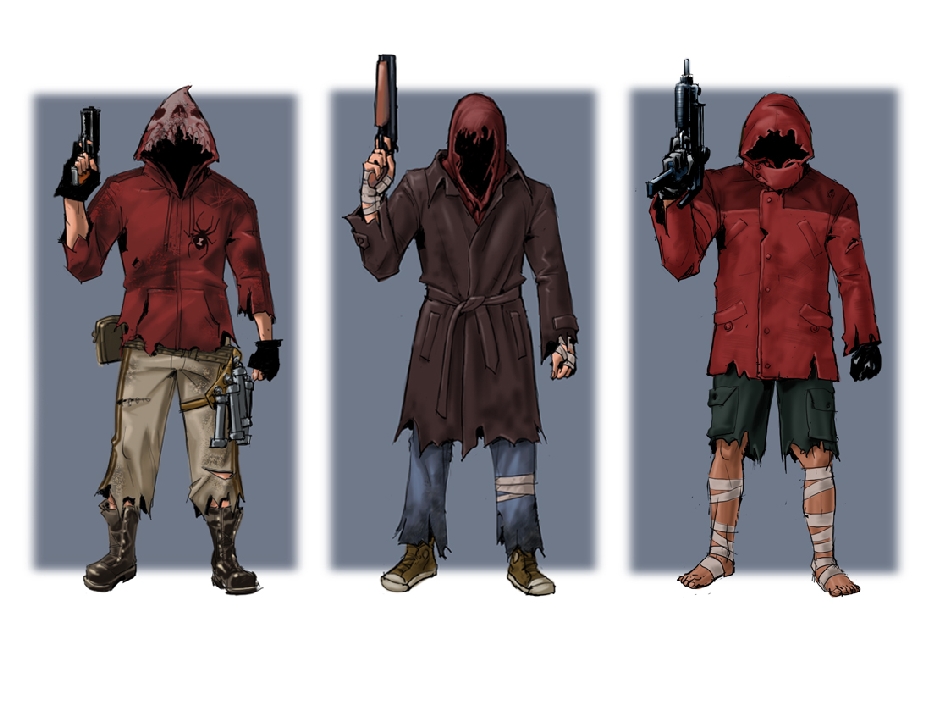
I understand that not every enemy can be a super-powered behemoth capable of converting buildings into ash in the blink of an eye, but making almost every enemy an average thug only makes the game monotonous. Super hero games give developers a lot of creative freedom when it comes to enemy types. Sucker Punch just needs to take advantage of that freedom.
Make Side Quests Actually Matter
Mass Effect 2 is an amazing game partly because it manages to make side missions just as interesting and entertaining as the main story—if not more so. Conversely, the side quests in Infamous felt like optional chores that the developer shoehorned in at the last minute, with at least half of them being duplicates of previous story missions.
Since optional missions are in fact, optional, it’s important to make them worth the player’s time. Have side missions offer a new perspective on what’s happening in the story. Offer exclusive upgrades to certain powers as a reward instead of a minor boost in experience points. Above all else, don’t make the side missions feel like a chore. I don’t want to look for listening devices or go on a scavenger hunt looking for medical supplies.
If the fine folks at Sucker Punch can address these issues, then there’s no doubt in my mind that Infamous 2 will be something truly special. We’ll just have to see come June 7.

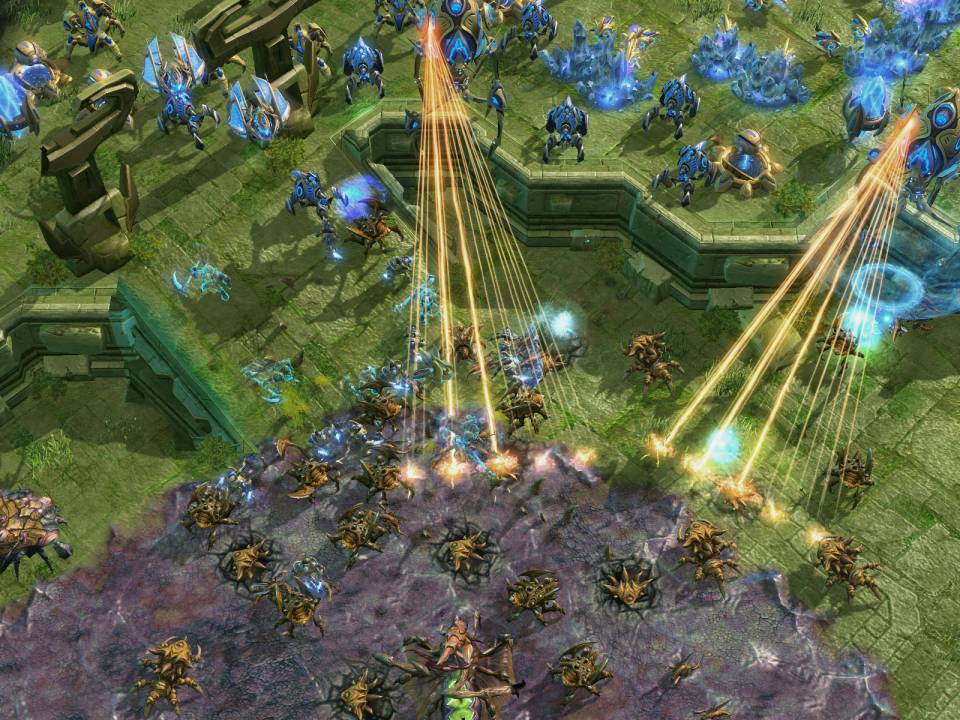
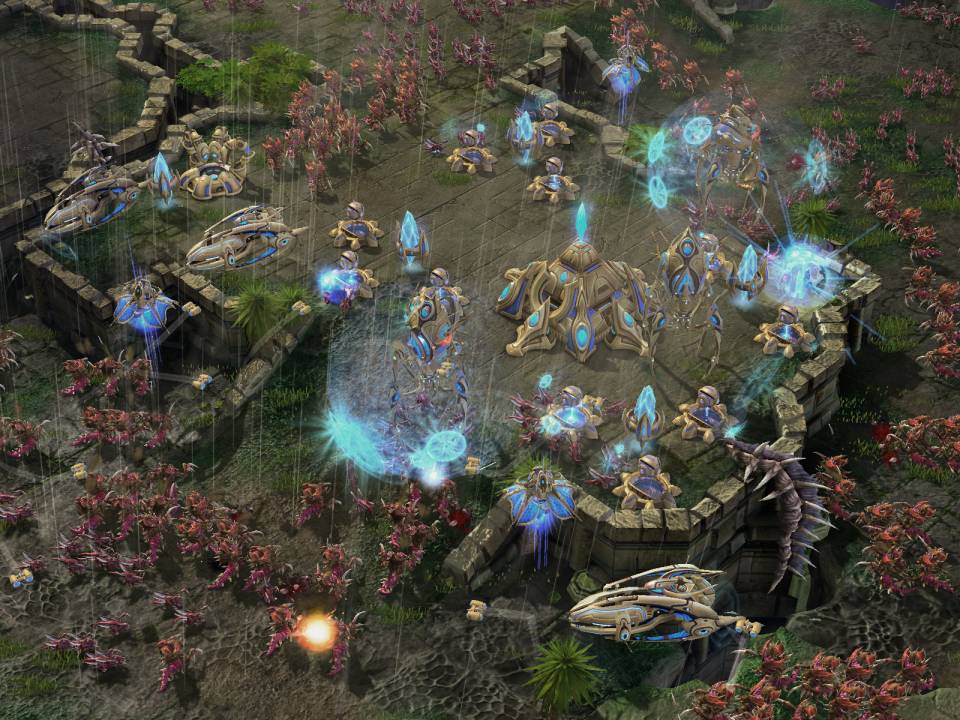
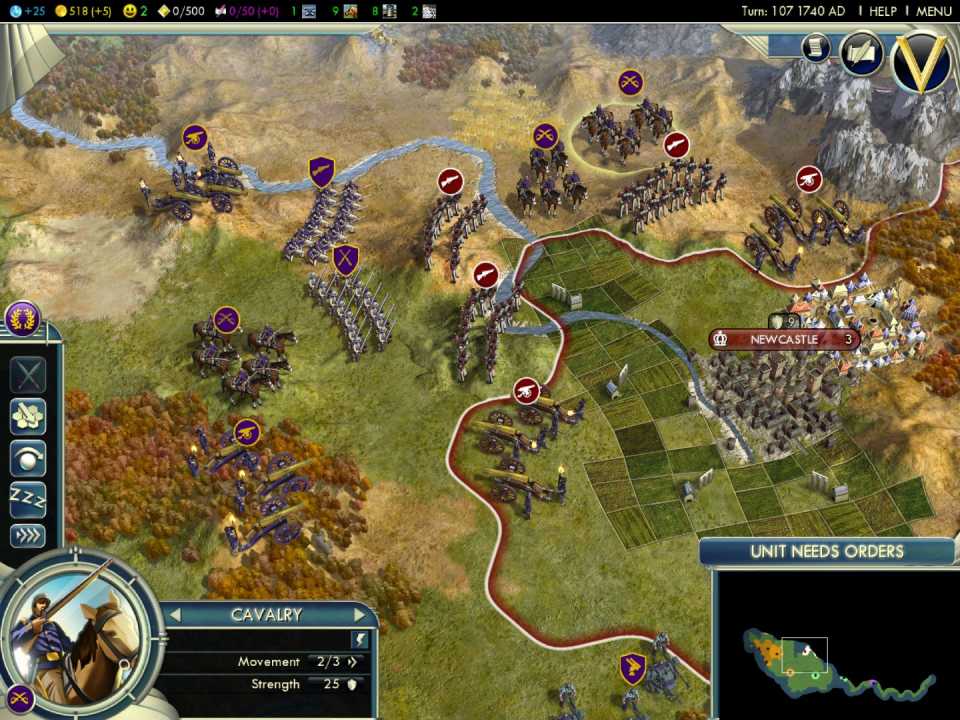
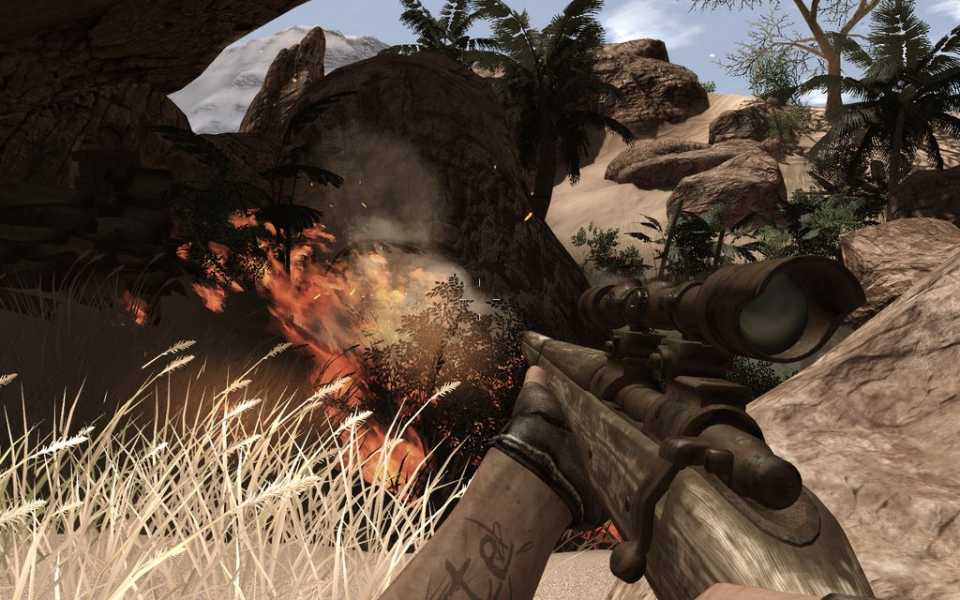
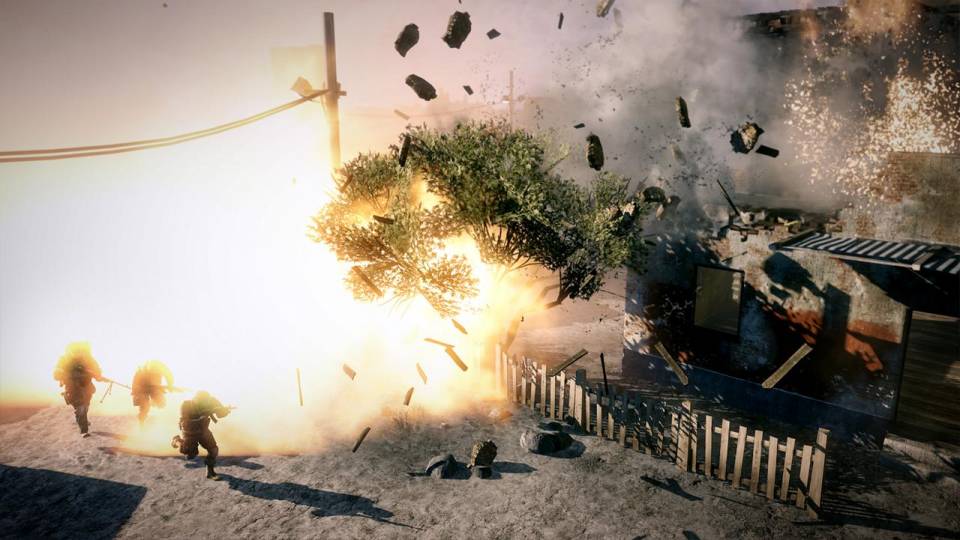
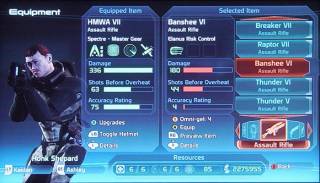


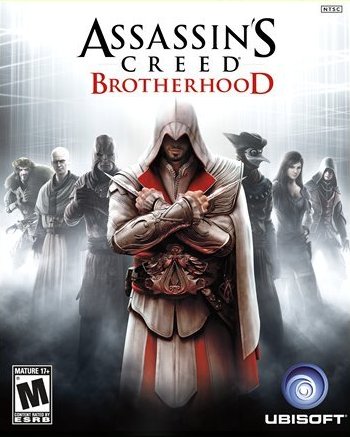

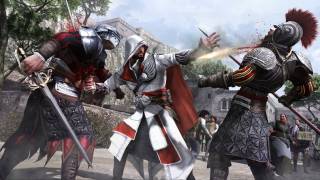
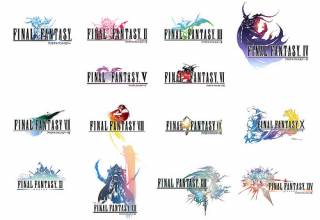
Log in to comment